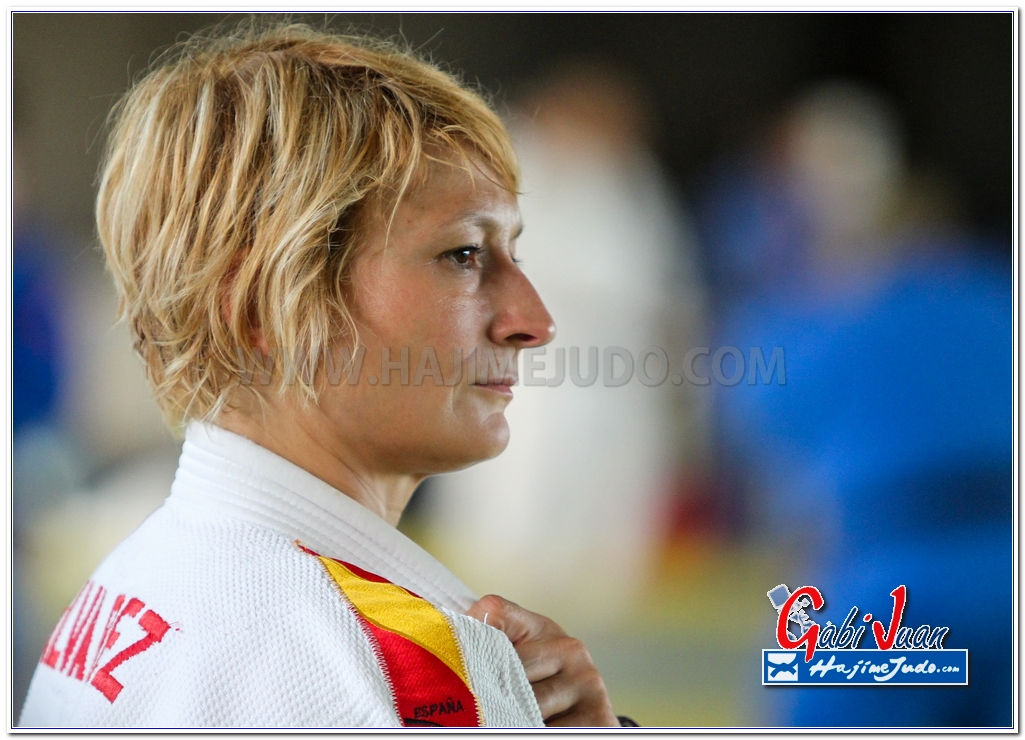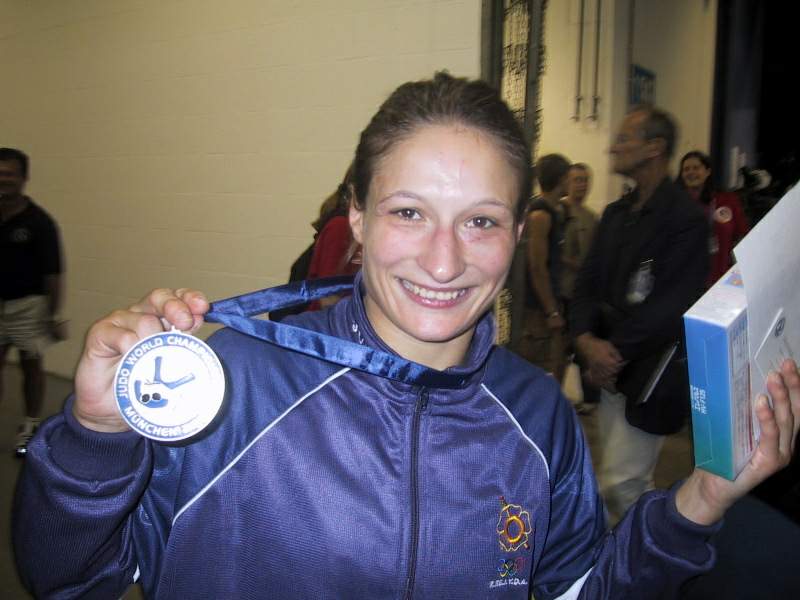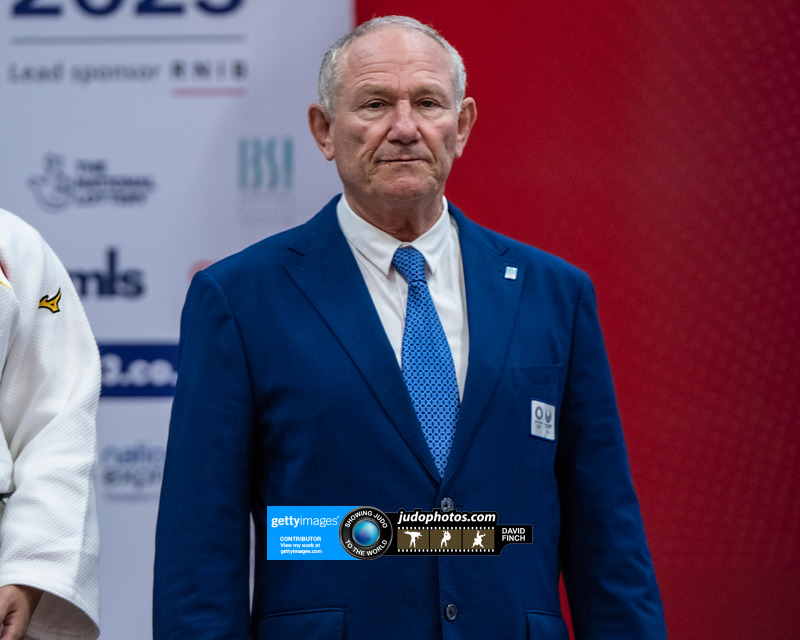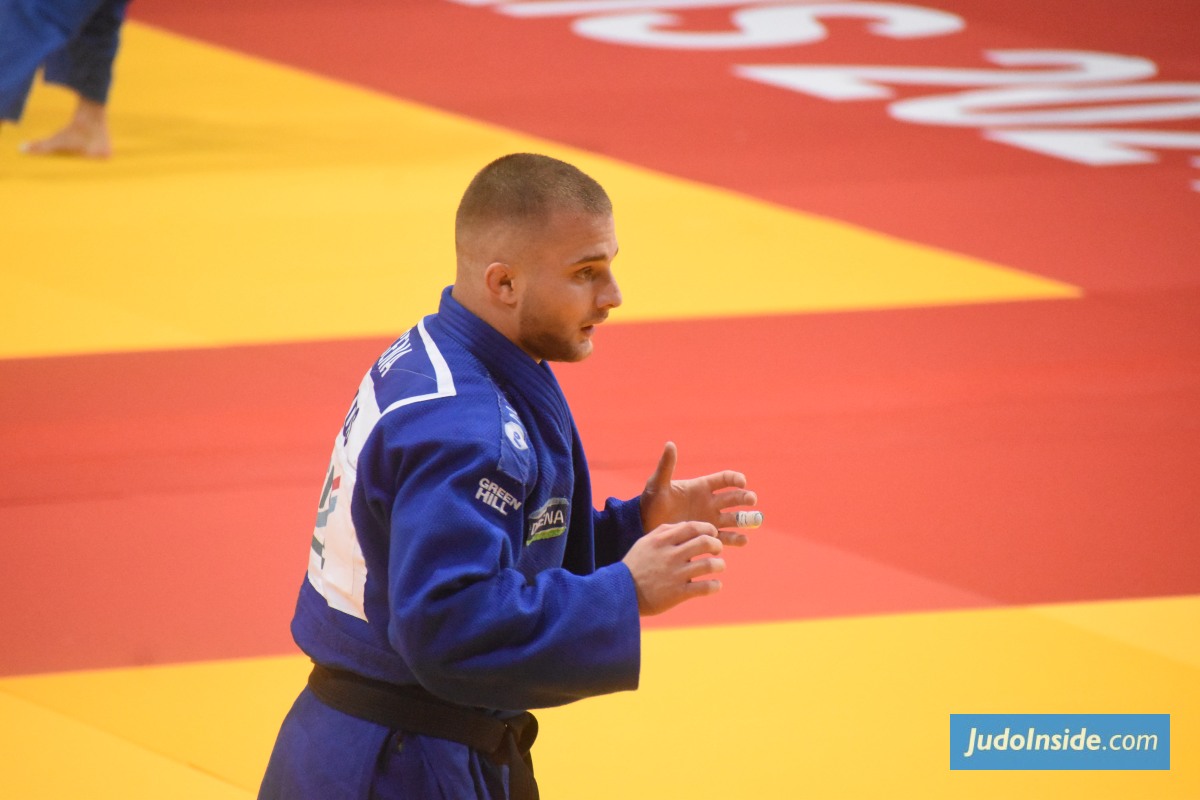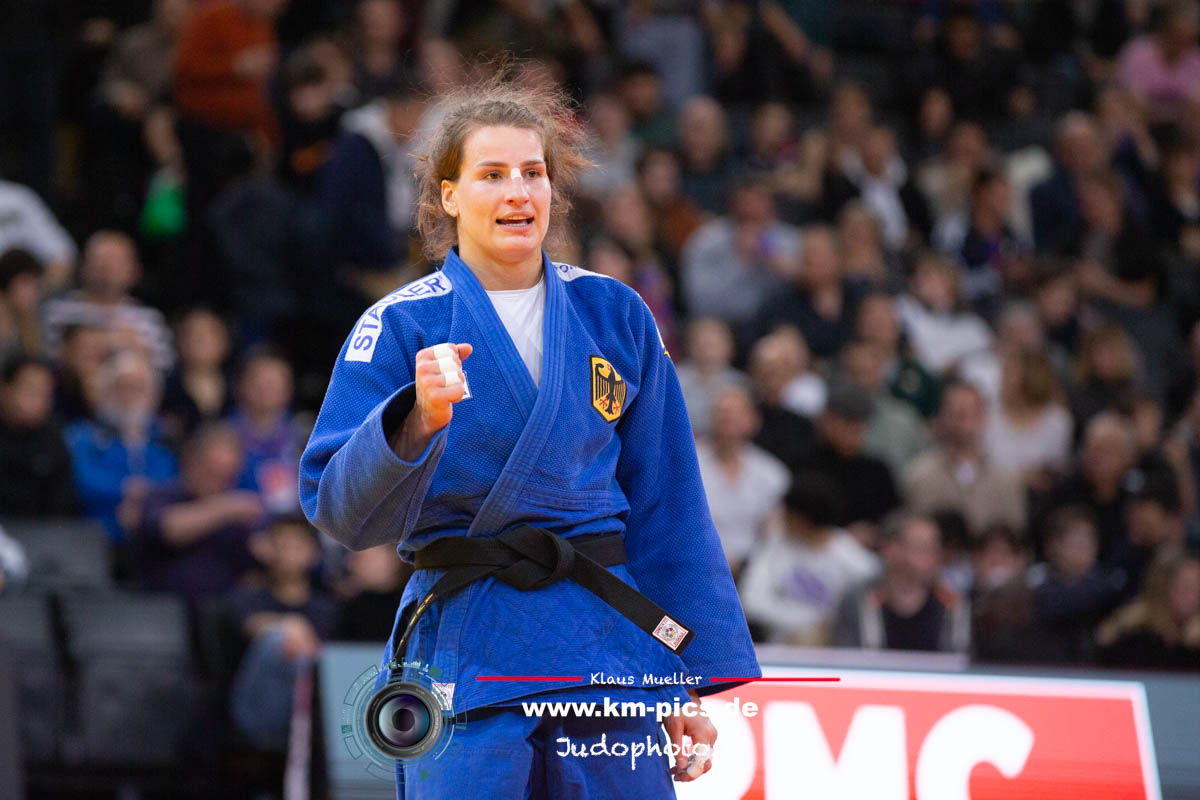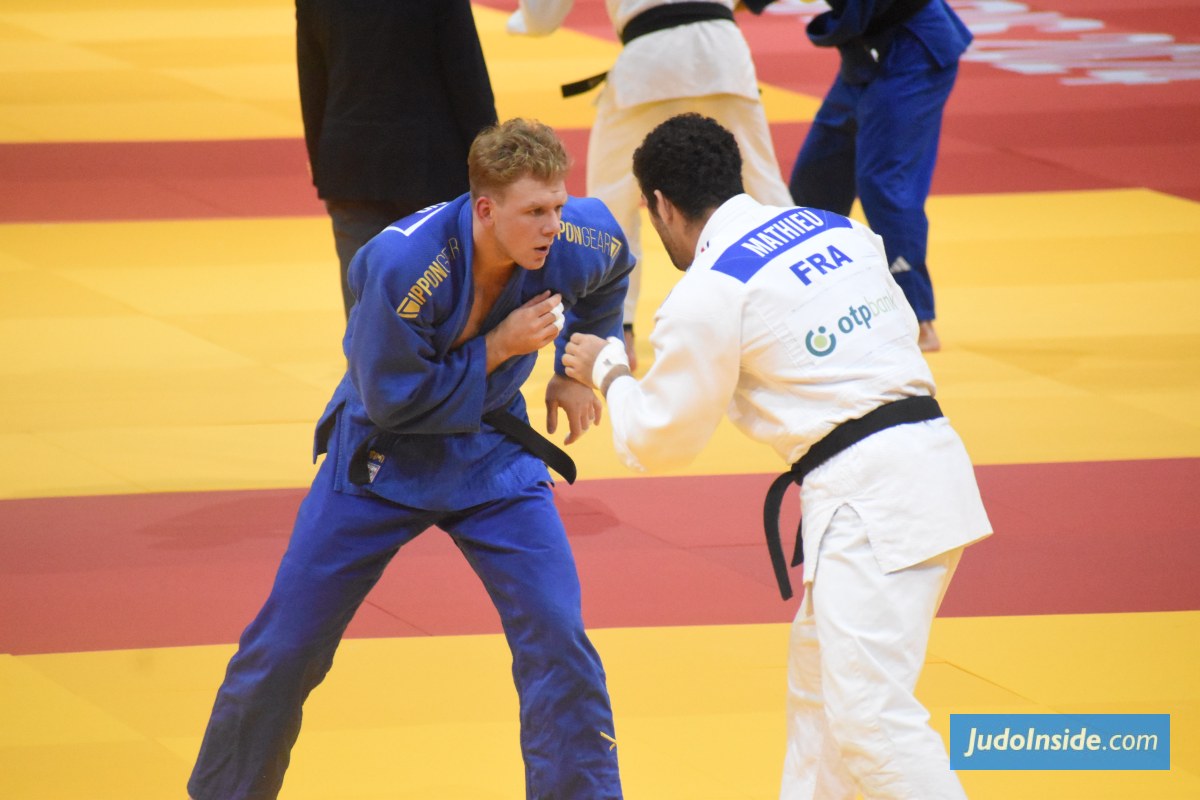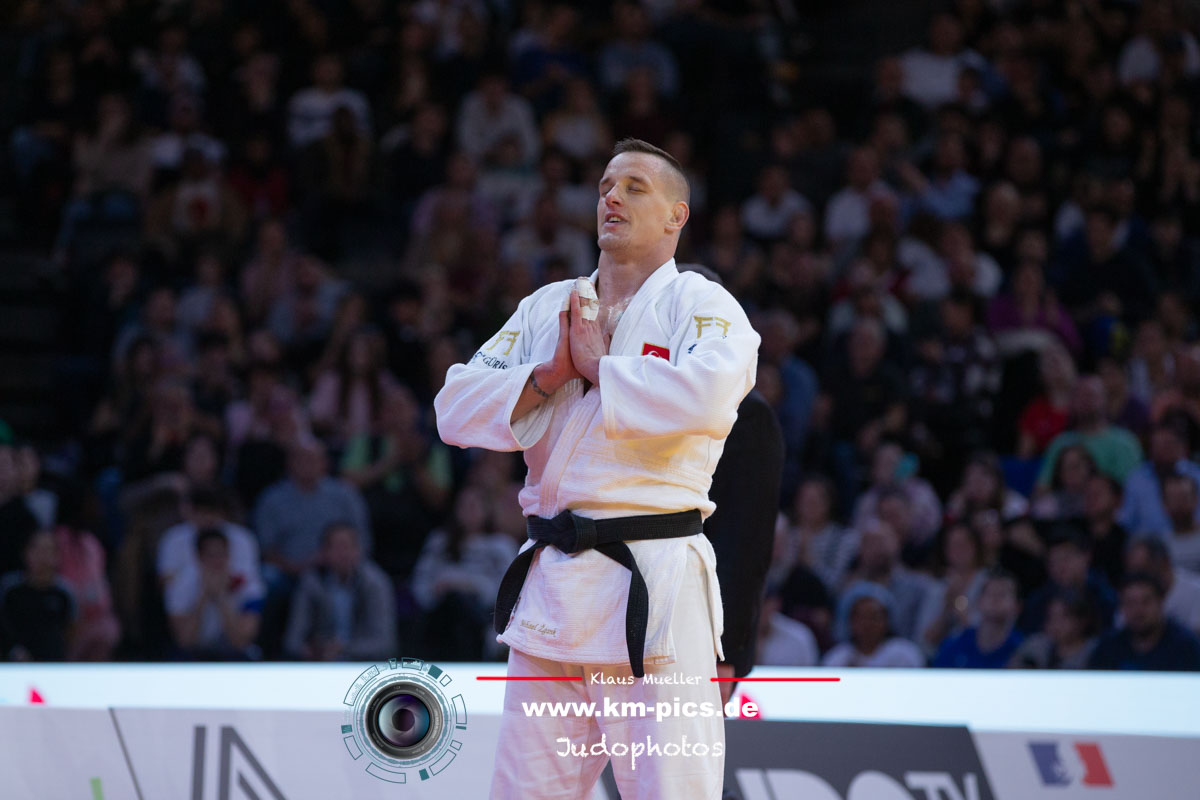Sports Director Sara Alvarez saw vibrant and exciting Paralympics
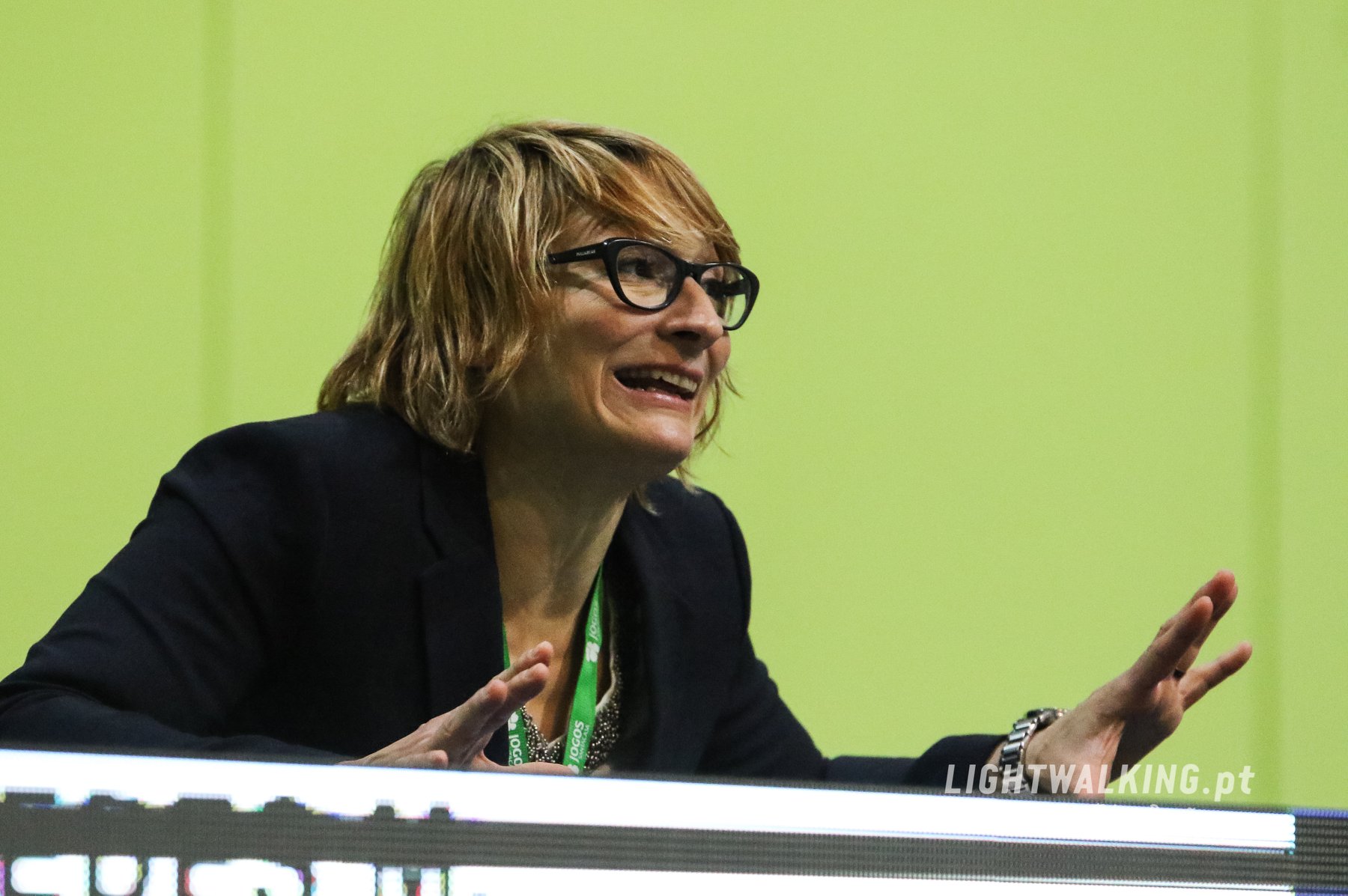
 11 Sep 2024 19:35
11 Sep 2024 19:35
 IJF Media team by Nicolas Messner and JudoInside
IJF Media team by Nicolas Messner and JudoInside
 Rui Telmo Romão / www.lightwalking.pt
Rui Telmo Romão / www.lightwalking.pt
Sara Alvarez, a triple Olympian judoka from Spain, played a key role in the Paralympic Games Paris 2024, overseeing the sport aspect of the competition. Reflecting on the event, she praised its success and highlighted how it showcased para-judo’s excellence to a global audience.
Alvarez, who competed in Atlanta 1996, Sydney 2000, and Athens 2004, emphasized that the differences between Olympic and Paralympic judo are minimal. In fact, the rules remain largely the same. However, in para-judo, the key adaptation lies in the grip: both athletes must immediately adopt the basic kumi-kata grip after each break, which accelerates the pace of the matches. "Spectacular judo arrives much earlier in para-judo, as both athletes are already prepared, immediately after ‘hajime,’ to apply their techniques," Alvarez explained. This adjustment often results in faster, more dramatic ippon throws, which captivated the audience in Paris.
One of the standout aspects of the Paris 2024 Paralympics was the energy and enthusiasm of the crowd. Known for their deep knowledge and passion for judo, the French spectators applauded athletes from all nations, not just their own. For Alvarez, this atmosphere made the competition "one of the most vibrant and exciting" events she had ever experienced.
The impressive technical skills displayed by the J1 athletes—those who are completely blind—were a particular highlight for Alvarez. She noted that these judoka train exhaustively to perform at the highest level, with an ability to execute advanced techniques despite their lack of vision. "They and their coaches carry out exhaustive and methodical training," she said, adding that it almost seemed magical how these athletes executed perfectly timed techniques such as seoi-nage and sutemi-waza.
For the J2 athletes, who have severe visual impairments, their performance was equally impressive. Alvarez pointed out that while these athletes can somewhat see their opponents, they still face significant challenges both on and off the mat. "Some might think that if these athletes are able to see their opponent's forms, they are not at a great disadvantage... This is a mistake!" she emphasized. These judoka not only overcome barriers in training but also in their daily lives, making their achievements even more remarkable.
Alvarez also reflected on how national judo styles persist in para-judo. She observed that teams continue to display their trademark characteristics: the Japanese remain technically precise, the French excel in tactical approaches, the Georgians are relentless fighters, and the Brazilians maintain a strong balance between technique and fitness. "Does this sound familiar to you?" she remarked, noting how these national styles transcend the distinctions between disabled and non-disabled athletes.
Beyond the technicalities, the competition in Paris underscored judo’s fundamental values of respect, unity, and perseverance. Alvarez highlighted how para-judo embodies these principles, noting that the Games set a new standard for the sport. "Para-judo reached a new level, showing that judo is united around its values and principles no matter the physical starting point of the judoka."
Alvarez concluded by expressing her gratitude to all involved in making the event a success, from the organizers and volunteers to the athletes and coaches. "I am very grateful to the IJF, the IBSA judo staff, the organisers of Paris 2024, the volunteers, the officials of the French Judo Federation and, above all, to the athletes and coaches for making it possible."
In her view, the Paralympic Games Paris 2024 will be remembered as a turning point for para-judo, showcasing the sport’s strength, skill, and inclusivity to a global audience.
 like
like
 share
share
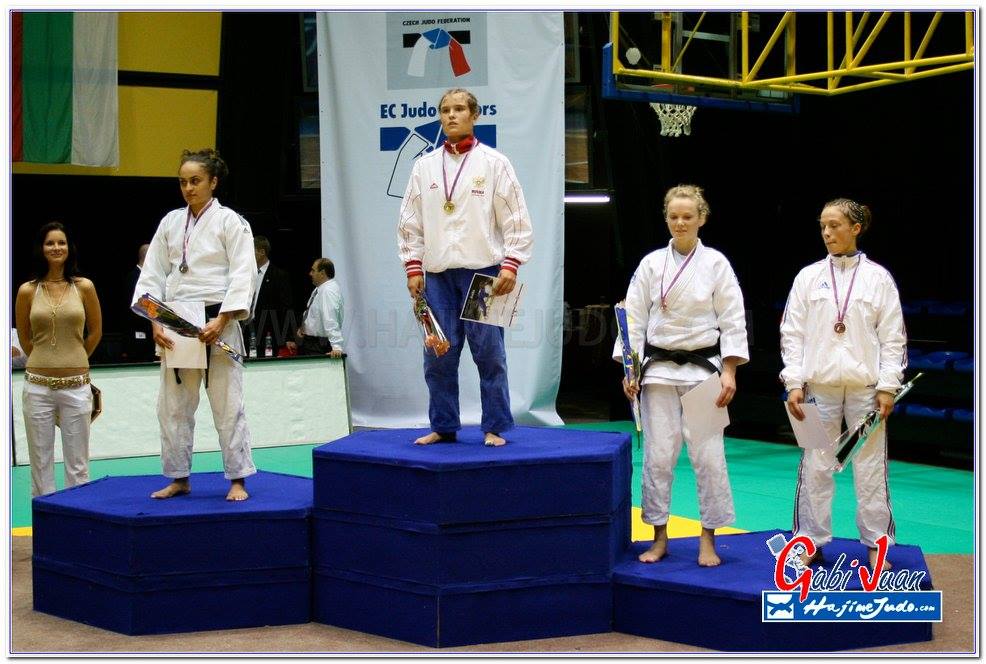
| Result | City | Date |
|---|---|---|
| 2 | Paris | 2024 |
| 1 | Abu Dhabi | 2024 |
| 1 | Zagreb | 2024 |
| 3 | Belgrade | 2023 |
| 2 | Montpellier | 2023 |
